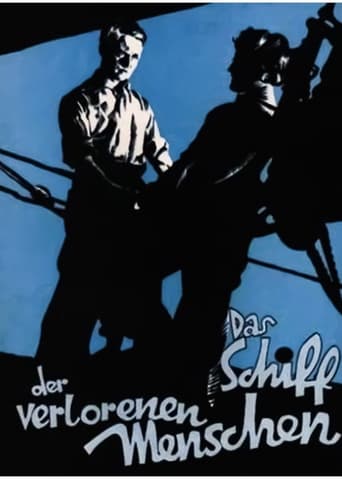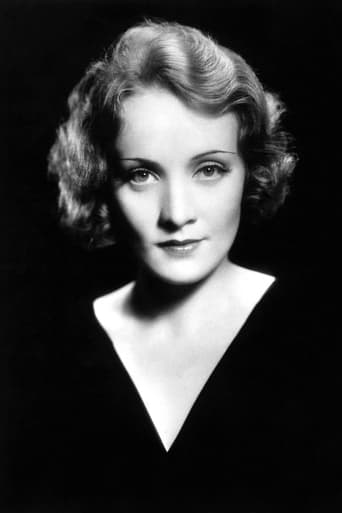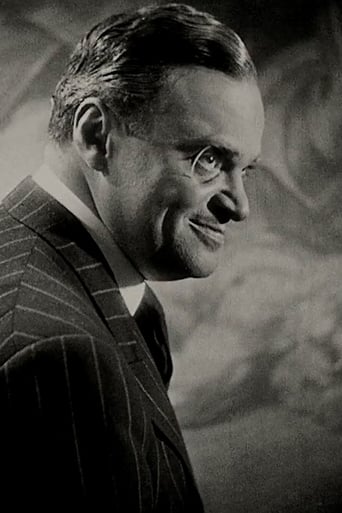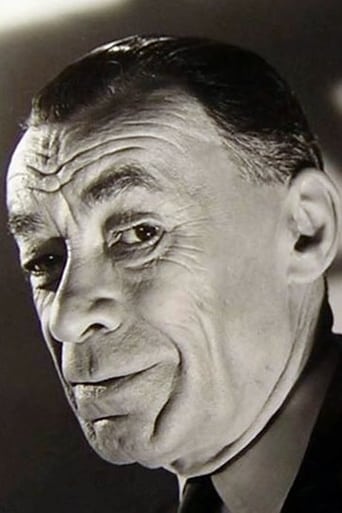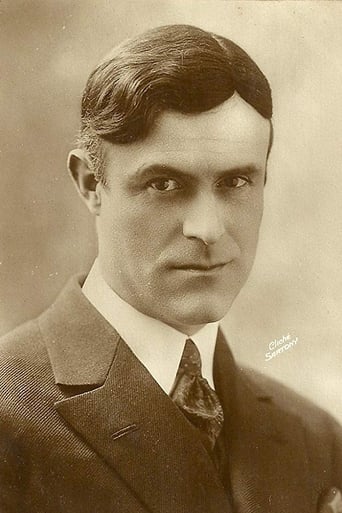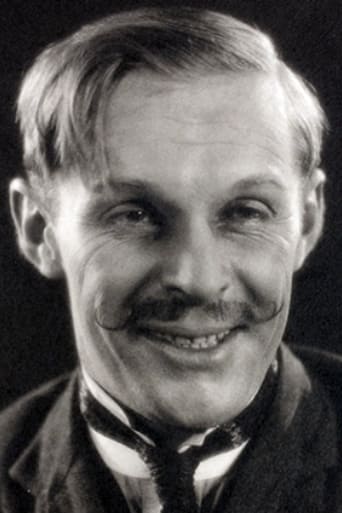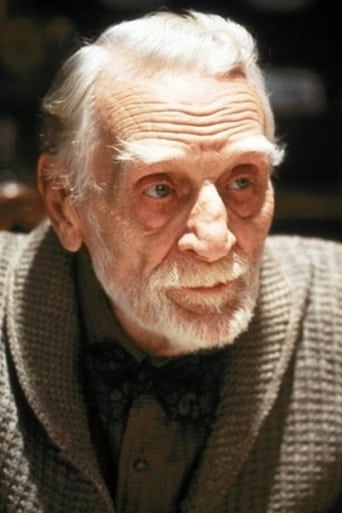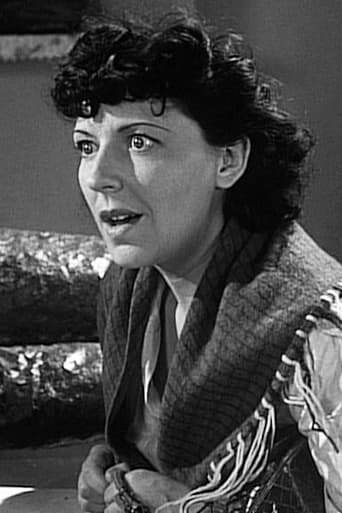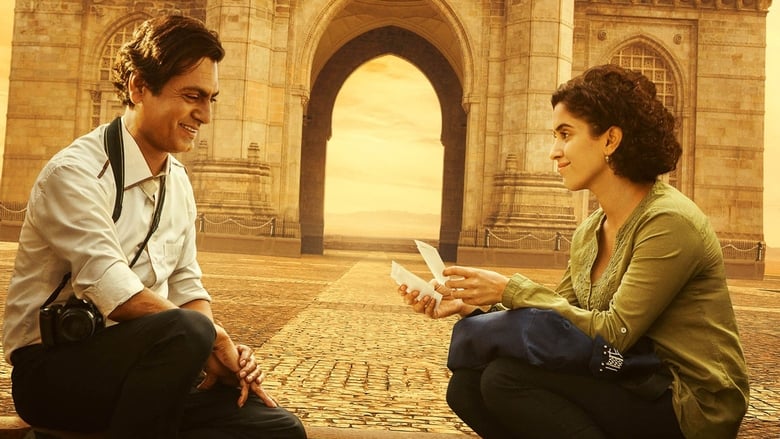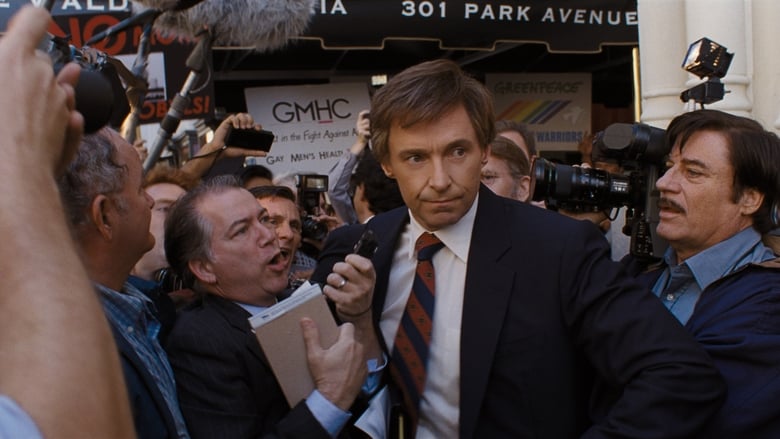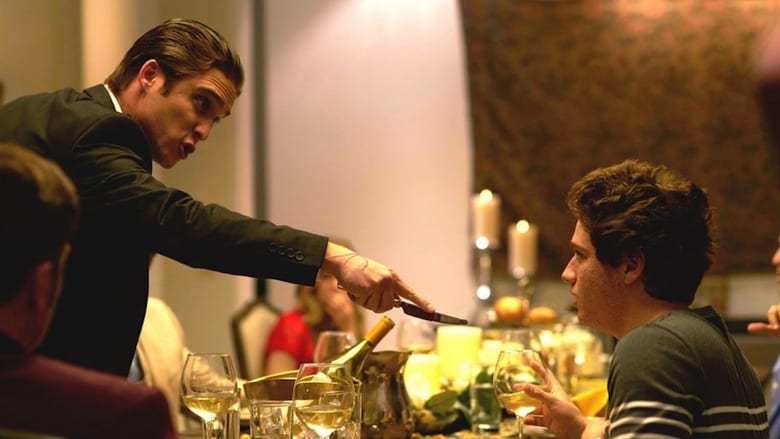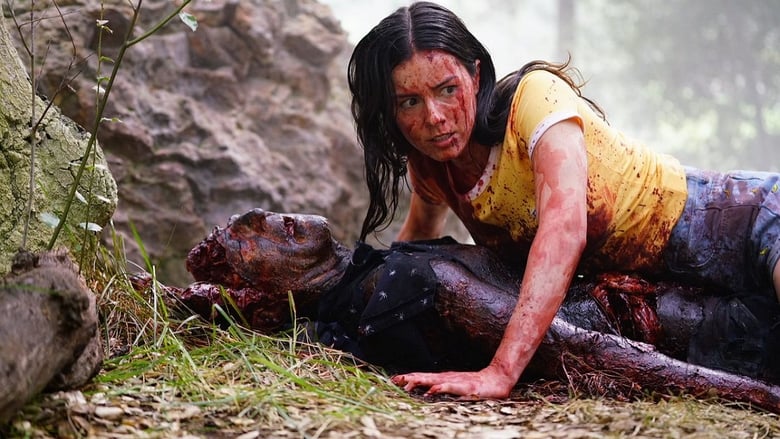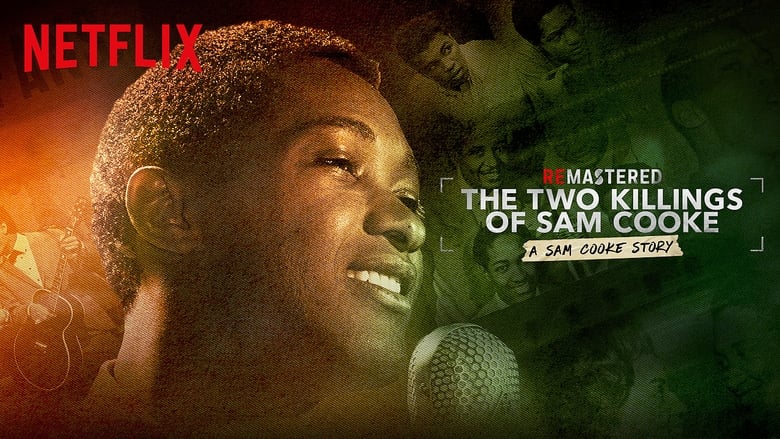A young doctor gets stuck on a ship after treating an injured first mate. Later, he rescues a woman from plane wreckage, and with the help of the cook, he hides her away from the rowdy and dangerous crew.


Similar titles
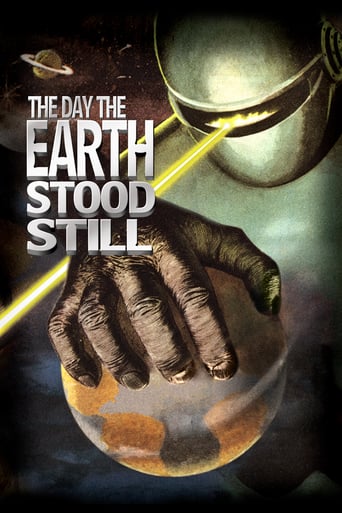

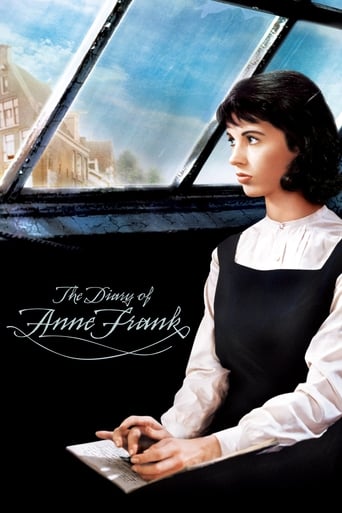
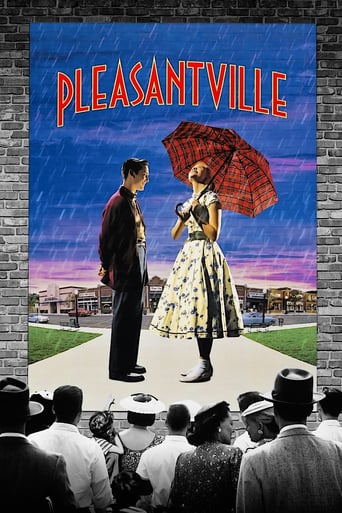
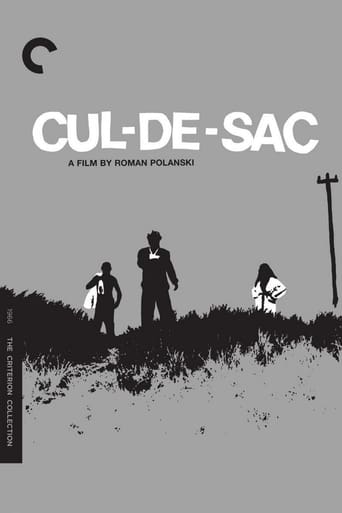
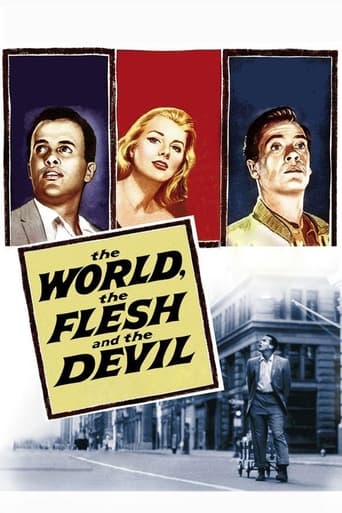
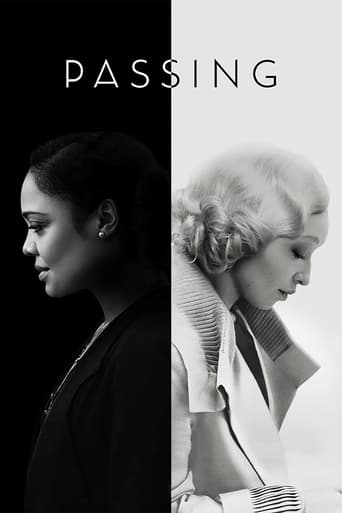
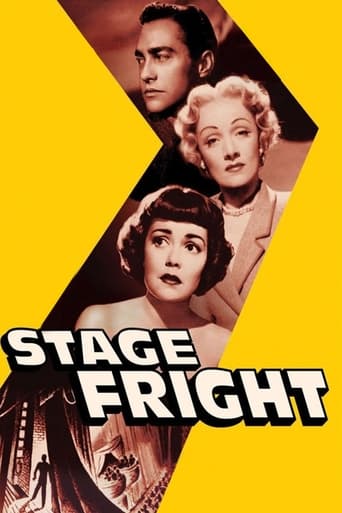
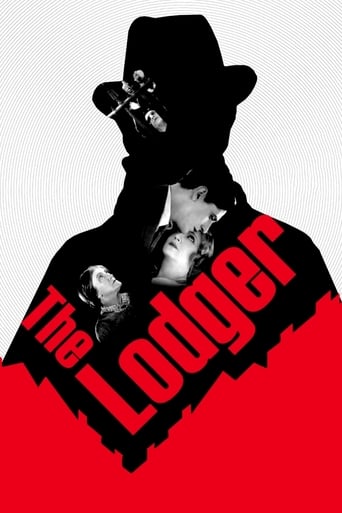
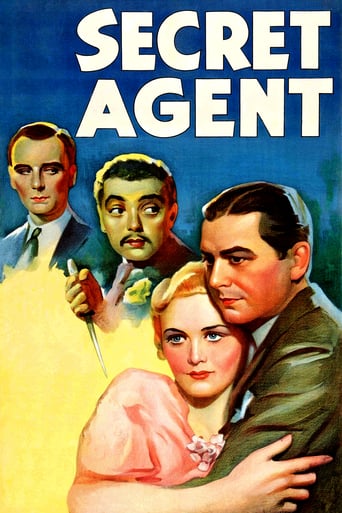
Reviews
After learning about the importance of Maurice Tourneur in the history of cinema (and making the connection between images of "La main du diable" and its creator) I have watched a few of his silent and sound films, which were remarkable works for their times and still impressive in ours. A recent viewing was his film adaptation of a novel by Greek author Frenzos Kerzemen (or Franzos Keremen, as listed here). It was the beginning of Tourneur's third and last phase of his career as director, when he returned to his native France, after growing dissatisfied with the kind of films made by American big studios. Without reading the novel, it is difficult to know if the plot follows the literary work or if it was changed by Tourneur in his screenplay, for in the end it turns into a rose-colored endorsement of bourgeois respectability, after the striking first two acts taking place in a German sea port, in New York and almost entirely aboard the title ship. According to conventions of dramatic action, none of the characters really change the way we usually refer to alterations in life or manner: there are few radical actions or signs of profound change of perspective in all characters. Everything is mostly done under control, even when the story told is the most violent. American doctor William Cheyne (handsome British actor Robin Irvine, who died young at 32) is arguably the protagonist, the traditional hero and savior, while the fugitive convict Morains (Gaston Modot, who would become an immortal icon of crazy love in Buñuel's "L'age d'or") is his nemesis. Ethel Marley (Marlene Dietrich) is an American socialite in distress, who crashes her plane in the Atlantic Ocean and is rescued by Dr. Cheyne, falling in love; and Grischa (Vladimir Sokoloff) is the cook of the ship, who will play a key role in the resolution. What they go through, as scripted by Tourneur and beautifully photographed by Nicolas Farkas, is startling. Morains asks Captain Fernando Vela (Fritz Kortner) to take him to Brazil in his ship Galatea. Vela (a mean villain too) specializes in helping fugitive smugglers, pirates, killers, thieves, convicts and the like to get out of Germany. They become his crew and he treats them really bad until they reach their destiny. Dr. Cheyne joins the Galatea by accident, when he goes to the ship to help a wounded sailor, without noticing when it weighs anchor. Next Ethel secretly comes aboard, then Cap. Vela's pet is killed, the crew revolts against him and after the mutiny a chain of events follows, motivated by lust, greed, hatred and pure vileness. After these scenes the third act comes as a sort of sell-out: I personally would have preferred to see the few decent characters find a resolution inside the ship, not with outside help, but considering that so many crooks were put together in a single set, it is somehow understandable. A long film, running more than two hours, it gives space to actors to find gestures, gazes and expressions to tell the story without the need of many intertitles, while the viewer has more time to appreciate the magnificent images created by Farkas and Tourneur, who would go on to make a few more masterpieces before his retirement. Edited by Jacques Tourneur.
A long movie -- the excellent Grapevine DVD runs 122 minutes -- but literally every frame is utterly fascinating. Director Maurice Tourneur obviously had an enormous budget at his disposal and has spared no expense in bringing this dark story to the screen. A "film noir" if ever there was one, a great deal of the movie is set in the shadows -- shadows which are brilliantly contrasted with the rescue ship's piercing lights. The sets too are all cleverly designed to highlight this same contrast between Good and Evil. Until he is overthrown, Fritz Kortner dominates the movie as the utterly inhuman captain, a Lucifer in a hell of devils.We keep waiting for Dietrich and wondering how on earth she will fit into the story, until she finally appears. She then becomes the center of our attention, pushing the nominal hero, somewhat bland Robin Irvine, further into the sidelines. As for Vladimir Sokoloff, he has an important role to play at the climax, but he is not all that active in the rest of the film. In fact, we wonder why some half-baked American publicist titled the movie, "Grischa the Cook", instead of translating the German title, "The Ship of Lost Men" or using a title that would highlight Dietrich's role. She certainly bears watching, In fact she is wonderful in what is actually a character role!
My copy of this film has a solo piano score and the titles are a mixture of the original German and later English; the titles are, however, few and far between, so the viewer needs a good imagination to fill in the story. Dietrich is not yet the chiselled beauty she soon became and has a more natural look. Robin Irvine is the handsome hero, who sometimes looks a little like Charles Farrell. As you might expect, it is a dark film and quite explicit in its portrayal of aggressive male sexuality. In one scene, a sailor draws a chalk picture of the woman with exaggerated bosom and angel wings, leaving no doubt as to what he and his shipmates have in mind when they get their hands on her. The ending is a happy one, but not until Dietrich has been brutally attacked by the leader of the mutineers in a startlingly realistic fight scene. A film well worth watching; maybe a few more titles would help !
This is an important silent film from Germany made in the last year before the advent of sound films. It was the last silent film written and directed by Maurice Tourneur, who was born in Paris and was an assistant to the sculptor Rodin when young. The cinematography, shots, and atmosphere, are all eerie and haunting, creating a continuous mood of menace and threat. Half way through the film, Marlene Dietrich (aged 28) appears. She is very effective, but she doesn't really look like Marlene Dietrich. That was all to come soon enough, and the change wrought in her persona after her 'discovery' later the same year by Josef von Sternberg may clearly be appreciated by seeing her in this last film when she was still someone else. This is a brooding, languorous portrait of a sailing ship with a wicked captain and a murderous crew. Just before the ship is due to sail to Brazil (from Germany), a voyage of three months, it is discovered that the first mate is missing. Someone goes to collect him from the local seafront bar where he is expected to be drunk, and haul him back. However, he has been badly beaten up and a young American doctor who is on a European tour offers to help, by bandaging the first mate's injuries. He then reluctantly helps to carry the man to the rowboat and is rowed out to the sailing ship at anchor, helping also to carry the injured man aboard, where he then gives him a last bit of medical attention. Suddenly he looks through the porthole and sees that the ship is moving! He rushes up to the deck, and there is a wonderful receding tracking shot as he goes along the deck vainly trying to speak to some of the sailors and protest that he needs to leave the ship. They are all so preoccupied with the duties of hoisting sails and tending to the rigging that they wholly ignore him. This is a very effective and 'modernist' scene, similar to the much more recent use of simultaneously spoken dialogue between people who are not properly listening to each other but merely hurling monologues at each other, which has occasionally been used both on film and on the stage. Here we have a desperate man trying to find someone to listen to him and they don't even take any notice of him. It is like a dream sequence where you are stuck in the mud and cannot move. The captain refuses to let him off, so he is stuck. This young doctor is played by a handsome and impressive British actor named Robin Irvine, who died at only 31 (I haven't been able to discover how or why), who had earlier starred with Ivor Novello in 'Downhill' (1927), which was directed by Alfred Hitchcock. Another interesting characterisation is of Grischa the Cook, an always-smiling and good-natured fellow, played excellently by Vladimir Sokoloff, a well-known character actor born in Moscow who acted in 111 films. There are some wonderful sequences in this film. When Irvine and Sokoloff, sitting in the kitchen, look out through a porthole, they see the tail of an airplane sticking up out of the sea! From this wreck Irvine saves Marlene Dietrich, a New York heiress who has been trying to fly the Atlantic solo but had an oil leak and crashed. She has to be hidden from the crew, who have a serious testosterone problem. Then there is a mutiny because the captain is so horrible everybody wants to kill him, so he is thrown overboard and we see a shot obviously taken from a small boat of him doing a desperate breaststroke in the sea with his ship sailing off without him, so that one inevitably thought of Robert Maxwell. An escapee from prison, who is a hardened criminal, then takes over the ship as captain, and at that point Dietrich is discovered. A sinister dinner takes place where he opens some champagne and eyes her with a certain something in mind. Dietrich is particularly good in this scene, avoiding the cliché of the maiden-in-danger or the simpering innocent, and handles it all with great calm and maturity as she tries to master her terror and avoid his gaze while appearing unperturbed. All hells breaks loose, the crew break open the wine cellar and get drunk, and chaos reigns in this ship of ghouls. The new captain tries to murder Irvine, so that he can rape Dietrich, and it all gets worse and worse. They have changed course for Spain, where they expect landfall in three days. But can anyone survive that long? Then unexpectedly a cruise ship is seen. Here we have many surreal shots of a vast brightly-lit ocean liner which hoves to beside the sailing ship and turns its searchlights on it because the little cook had sent distress signals with a flashing light. Ladies in evening dress and men in dinner jackets line the railings and peer down upon the strange sight below them. At first the deck is deserted except for a single man who is gloriously drunk and waving his arms in every direction as he lies on his back like a stranded drunken baby. The captain of the liner calls out over a megaphone and slowly the vermin emerge into view, though some are dead from a gunfight. While all this is going on above, Dietrich is cornered below decks and things could not be more desperate, as her clothes are being pulled off. Will she be saved? Or is this going to be one of those films that ends in a 'downer'? Irvine has been beaten to a pulp. Is he dead? How will this harrowing film end? Will anyone be brought to justice? Or will the liner pull away into the night leaving the lost ship to its 'lost men'?
